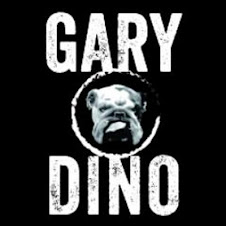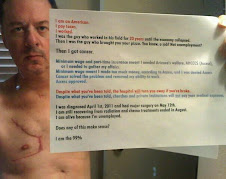Absolutely disgusting
I find it interesting that the media buried the story of trump's attacker so quickly and quietly. That was a HUGE story, right? A man tried to assassinate, at that time, an ex president/Presidential candidate. I think the media came up with one pitiful quality photo of the guy. Hell, was that the only photo he ever took? Who remembers his name? Where are the mental professionals who always come out to discuss the mental health of the guy? Where is he buried and when was the funeral? Did the media ever speak with his family or friends/classmates?
Hulk Hogan got booed at WWE event and it was all over the media for two months. Everyone was talking about it. That got more attention than a presidential assassination attempt.
Where is the documentary on this guy? They had a documentary about R. Kelly, and P. Diddy, out two weeks after their arrest. More details were still coming in when I saw a P. Diddy documentary on Netflix.
But nothing about the man who tried to kill trump? When Regan got shot, the media was in a frenzy. Hell, to this DAY they still bring up his attack and the assassination of RFK and Lincoln. But, no discussions about the man who tried to kill trump.
Why?
The photo of trump posing victoriously got more attention and why would SS allow that photo to even happen? When Regan got shot, they got his ass out of there so fast, if you blinked, you missed it.
But trump was allowed to pose for the cameras. Witnesses saw the shooter beforehand, but neither SS nor the police bothered to climb up the ladder on the only other building in the area to check it out? How is it that SS was able to shoot the assassin after the shots were fired, but not before? Was he invisible before he made his shot and then came into view afterwards?
And for an ear to bleed that much, there should be a scar. Especially at his age. But there isn't one.
These are the questions the government and media don't want ppl to ask. That's why they buried it. Out of sight, out of mind.
If this was a plot in a book, readers would see the plot holes.
All reactions:
115You and 114 others31 comments
Like
Comment
Send



























